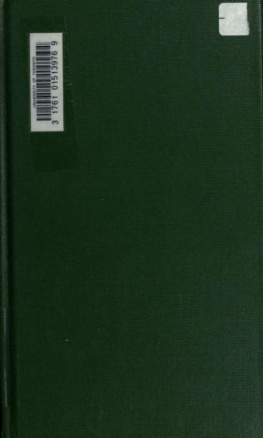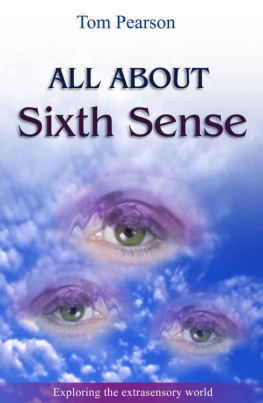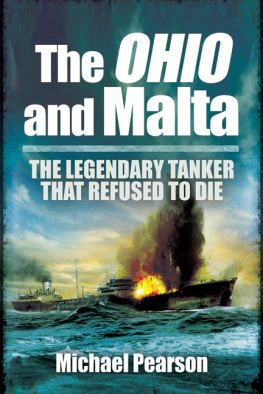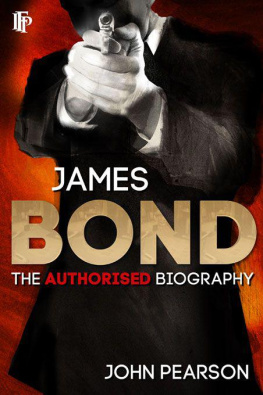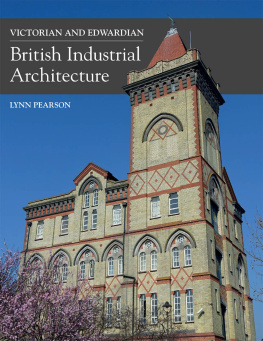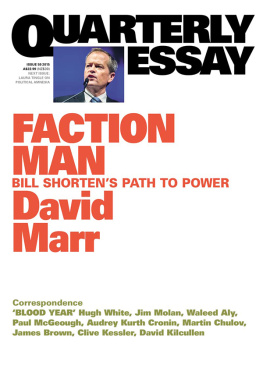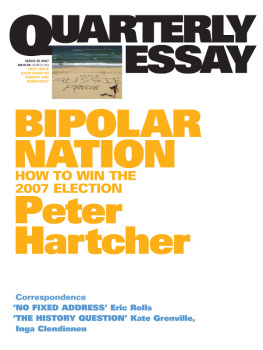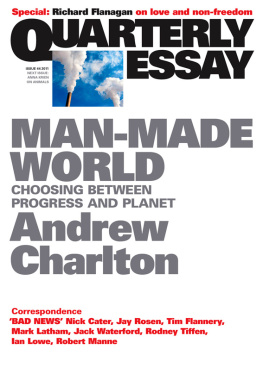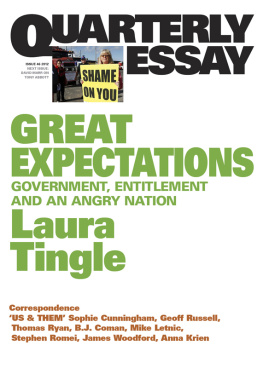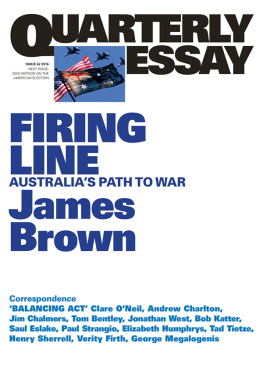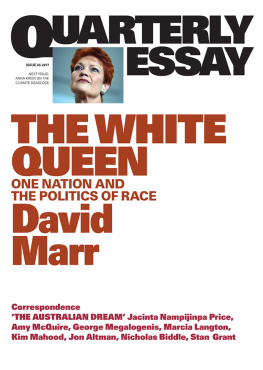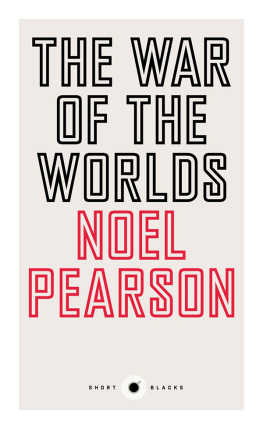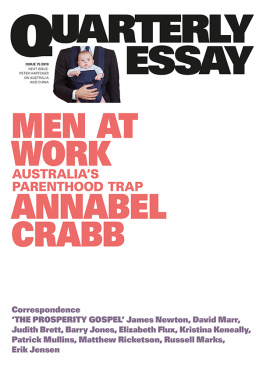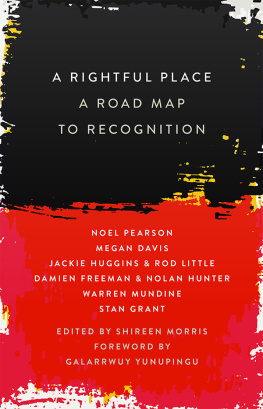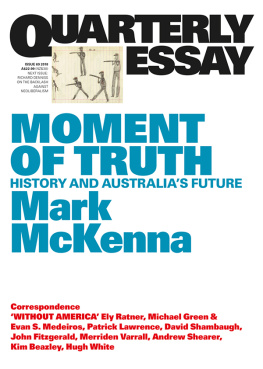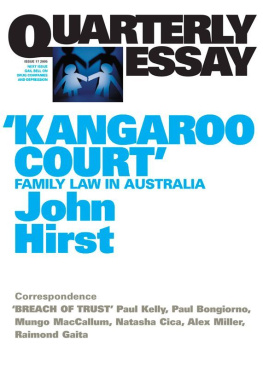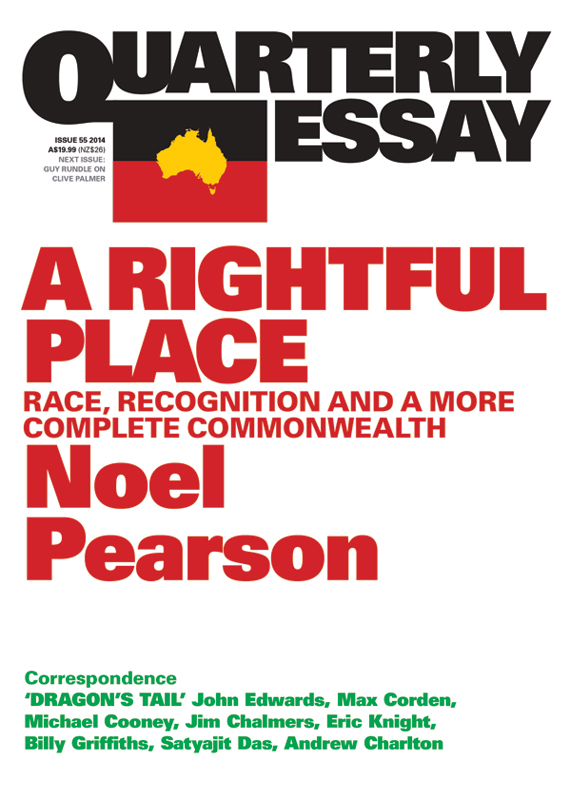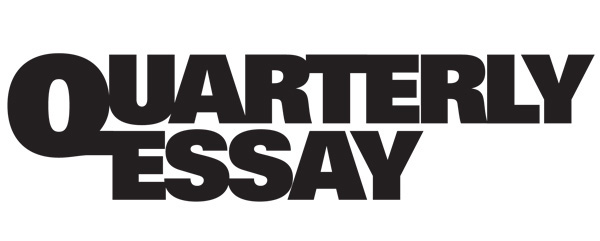Nhanaburru, wangkanmala bapurru dhimirrunguru, arnhemland, nganaburrungu ngurrngu dilak mala, nganthun yukurra nhuna 26th Prime Minister Australia-wu. Nhukala ganydjarryu nhunhi nhe ngurrungu walalangu malangura nhuma walala rrambangi, Australian Parliament-ngura, ga ngurrungu Dharuk-mirri nhangu Garraywu Queen Elizabeth-gu, yurru nhandarryun-marama djinawa-lili Australian-dhu luku-wu rom-dhu yurru dharangan ga galmuma nganapurrungu dhangang ga bukmak nha-mala nhanapurrungu:
Dhuwalanydja rom dhuwalana bilina.
Dhuwalanydja rom wawungu wanga-wuy ngandarryunmarama Australian-gala bapurrulili.
Nganapurru marrliliyama nhukula ngurru-warryun-narayngu, marr yurru Commonwealth Parliament ngurru warrwun ga dharangan dhuwala rom ga marryuwak gumana dhayutakumana lukunydja rom.
A RIGHTFUL PLACE
Race, recognition and a more complete commonwealth
Noel Pearson
Had Galarrwuy Yunupingu and his dilak elders been present at the creation of the Commonwealth of Australia in 1901, there might have been a scene like this:
I wait for the new prime minister An event is taking place at Yirrkala and I have called the leaders of the 13 clans together. No children or young people will participate, only leaders, men and women who have proved themselves: dilak . By my side are Djinyini Gondarra and the leaders of the Elcho clans, Richard Ganduwuy and Dunga Dunga Gondarra, Butharripi Gurruwiwi. Wilson Ganambarr, Gali Gurruwiwi, Gekurr Guyula and Timmy Burrawanga are there. Laklak and Dhuwarrwarr Marika are there, too, along with the great old man from Gan Gan, Garrawan Gumana. My cousin Banambi Wunungmurra brings the prime minister down to us. We have a petition for him.
Learning of the cataclysmic history experienced by Aboriginal tribes in the coastal south and east of the country and the inexorable expansion into the west and the north in the first 110 years of European colonisation, and fearing the time when the Yolngu of Arnhem Land would face the same devastation, Yunupingu might have presented Edmund Barton along with Sir Samuel Griffith and the other founding fathers of the new nation with a petition, as he did Kevin Rudd in 2008:
We, the united clans of East Arnhem land, through our most senior dilak , do humbly petition you, the Prime Minister of Australia, in your capacity as the first amongst equals in the Australian Parliament, and as the chief adviser to Her Majesty to secure within the Australian Constitution the recognition and protection of our full and complete right to:
- Our way of life in all its diversity;
- Our property, being the lands and waters of East Arnhem land;
- Economic independence, through the proper use of the riches of our land and waters in all their abundance and wealth;
- Control of our lives and responsibility for our childrens future.
In going to the heart of the matter of constitutional recognition, there are few more important documents than Yunupingus December 2008 essay in the Monthly , which discusses the Yolngu Petition.
It is no mere essay. It is an existential prayer.
A prayer on behalf of a people fearing their future non-existence. Fear that the old trajectory of colonisation and its continuation in the new nation will lead to the disappearance of Yolngu from history.
I read this document and hear the voices of William Cooper, Bill Ferguson and Jack Patten echoing down the century, the voices of Vincent Lingiari, Charlie Perkins and Eddie Mabo. I sense the Day of Mourning in 1938 and the establishment of the Tent Embassy in 1972. I hear the voices of Margaret Tucker, Faith Bandler and Lowitja ODonoghue.
My thoughts flash back to the warriors who fought the colonial invasion: Yagan, Pemulwuy, Windradyne, Jundamurra.
I cannot take my mind off William Lanne, the so-called Last Man of Tasmania.
In talking about Yunupingus existential fears for the future of his people in the deepest, hottest north, I want to re-remember what happened in the deepest, coldest south of the country, at the beginning of two centuries of Australian history. Because I think that as the old Tasmanians saw their world destroyed and felt historys determination that they should disappear from the earth, they faced the same fears.
Yunupingu enjoyed a youth in the classical culture of the Yolngu (My father sent me to school, although he worried that I might lose my Gumatj identity). He was educated by Methodist missionaries (As I received my education from my clan leaders and from the balanda teachers, I watched as the world changed), and, although he attended Bible college for two years, he returned to the traditions of his people (I dedicated myself, under the direction of my father and the older men, to a Yolngu future).
In his essay, Yunupingu touches on every prime minister since Gough Whitlam. He recalls taking the newly elected Malcolm Fraser on a fishing trip: I try and put words in his mind about the importance of land, about the importance of respect, about giving things back in a proper way, not a halfway thing, but the prime minister is preoccupied with catching barramundi hes not listening; he doesnt have to.
He recalls how Bob Hawkes promises of a treaty turned to tears of regret when his last act as prime minister was to hang the Barunga Statement in Parliament House (I am sure that his tears are for his own failure we have no treaty; his promise was hollow and he has not delivered).
The prime ministerial and ministerial merry-go-round over the decades lends a depressing circularity to Yunupingus long history of dealing with power in Australia:
I have walked the corridors of power; I have negotiated and cajoled and praised and begged prime ministers and ministers, travelled the world and been feted; I have opened the doors to men of power and prestige; I have had a place at the table of the best and the brightest in the Australian nation and at times success has seemed so close, yet it always slips away.
He cares nothing for his association with power but only for the purpose to which he wishes to direct it, for his purpose is pressing: And behind me, in the world of my father, the Yolngu world is always under threat, being swallowed up by whitefellas.
The existential angst of the tribal leader who fears for the future of his people is harrowing (it is a pressure that I feel now every moment of my life it frustrates me and drives me crazy; at night it is like a splinter in my mind).
Yunupingu recalls meeting minister Mal Brough at his Dhanaya homeland in the wake of the Northern Territory Intervention (we talked as men should about the future of children and of failures and frustrations, and how we could turn it all around with action) and raises the question of constitutional recognition (to bring my people in from the cold, bring us into the nation).


